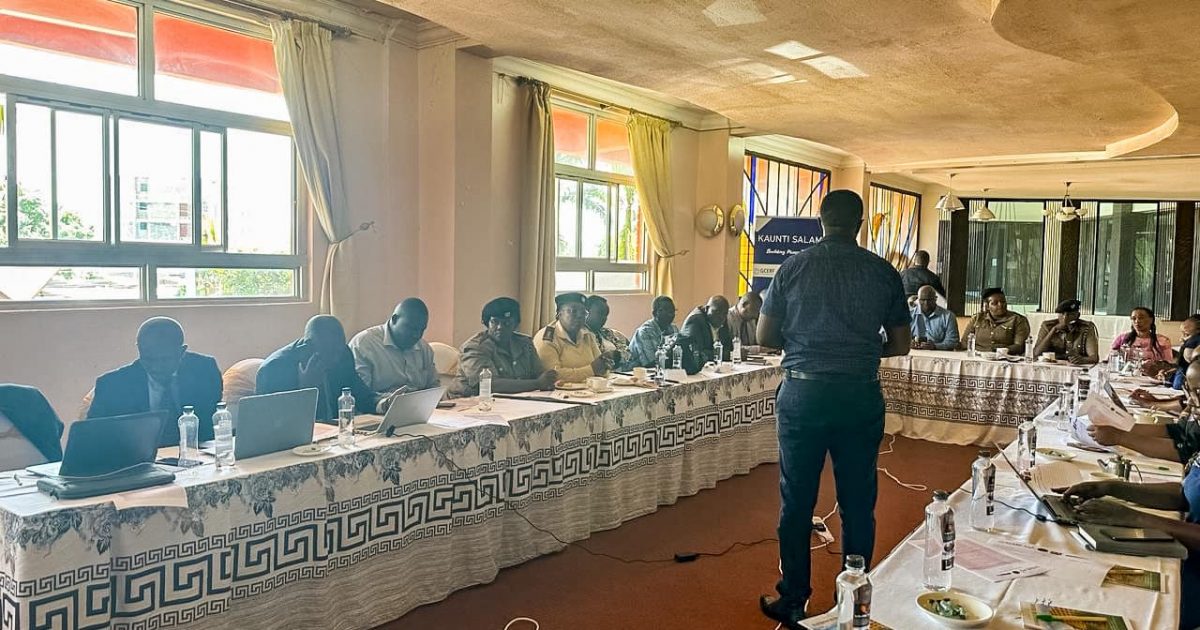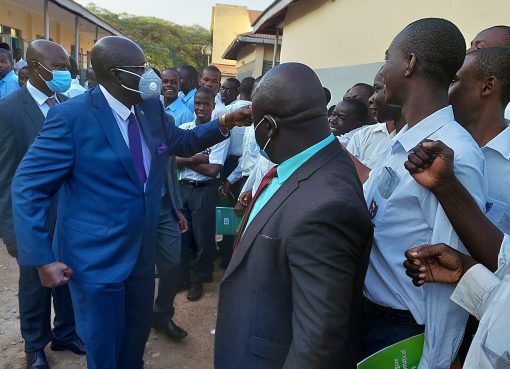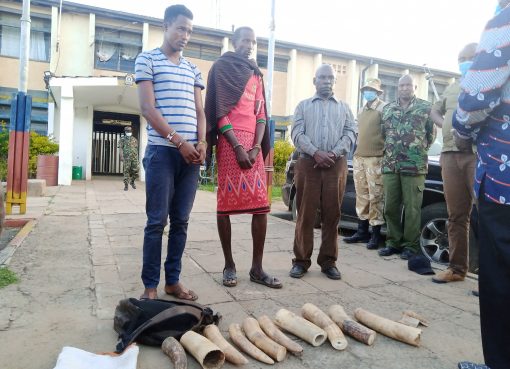The National Counter Terrorism Centre (NCTC) has conducted a training session on preventing and countering violent extremism in Kiambu County.
The campaign aimed at equipping the area National Government Administrative Officers (NGAO) with strategies to raise public awareness about terrorism prevention.
Speaking during the event in Ruiru, NCTC Chief Executive Officer Njenga Miiri said the government with the help of stakeholders was creating systems that would counter factors that encourage the radicalization of members of the public, especially the youth into violent extremism.
“We have partnered with the ARIVE program, funded by the Global Community Engagement and Resilience Fund (GCERF).
Hence, the program aims to prevent and counter violent extremism by promoting collaboration between government and non-governmental stakeholders and overcoming distrust between the government and marginalized communities.
“Additionally, the program also aims to amplify the voices of those who are most at risk of radicalization and recruitment, voices that have often gone unheard within the established forums, platforms and policies designed to enhance resilience against violent extremism,” said Miiri.
The initiative also aims at enlisting the support of stakeholders to be drawn from government departments, non-governmental organizations (NGOs), religious leaders, political leaders, communities and the media in order to create a safer and harmonious county.
ARIVE project manager Shukri Adan plans to boost government efforts by involving private sector implementation, fostering trust, enhancing security agency-community relationships, and involving women and youth in PCVE initiatives.
Stakeholders will devise strategies to mobilize resources for sustainable development and tackle socio-economic issues that may lead to extremist activities in local communities.
“We plan to utilize conflict resolution techniques, encourage constructive conversations, and establish community-led initiatives like neighborhood watch programs to enhance relationships between security agents and communities,” said Shukri.
The project manager also suggested incorporating community-oriented events like sports and cultural exchanges to improve relationships and foster trust.
Thus, the program was initially launched in 2021 covering seven counties of Mombasa, Lamu, Garissa, Wajir, Isiolo and Nyeri.
However, following its successful implementation, NCTC decided to expand to an additional eight counties including Kwale, Kilifi, Tana River, Mandera, Marsabit, Meru, Nakuru and Kiambu.
By Hellen Lunalo





